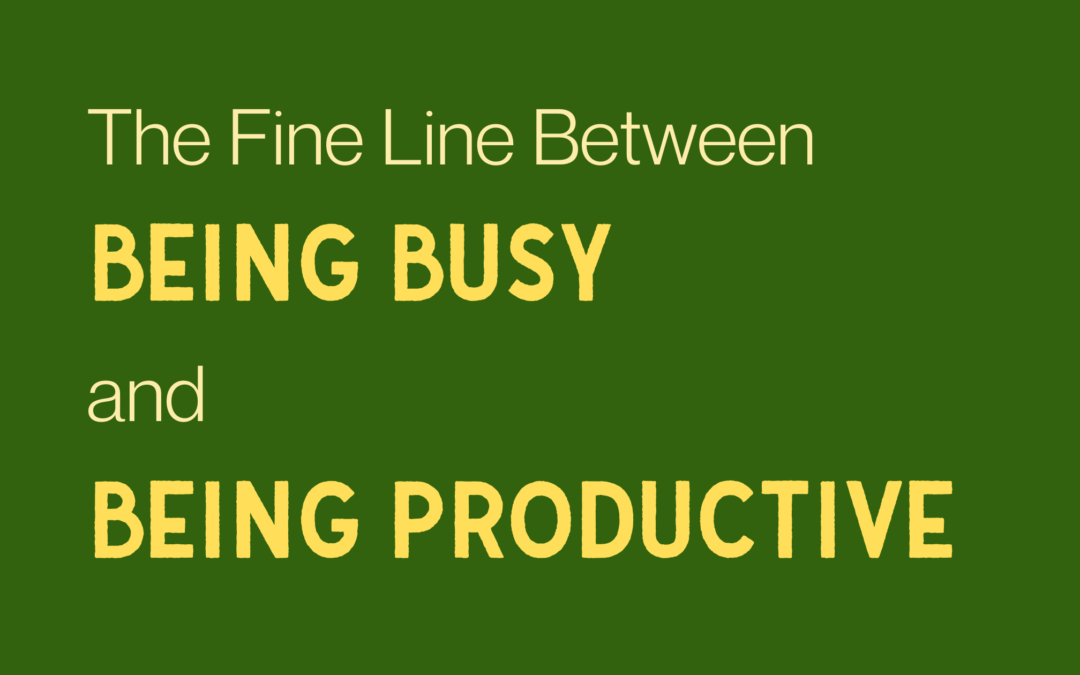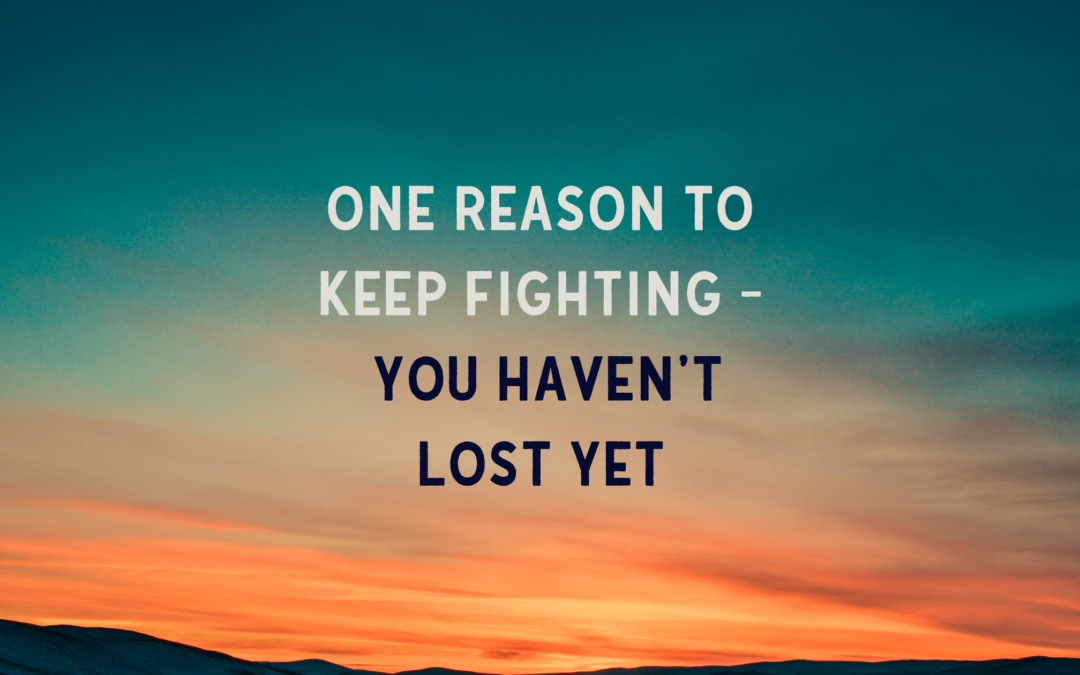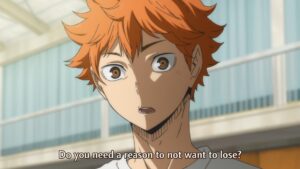
The Fine Line Between Being Busy and Being Productive
You’ve spent the whole day running back and forth, completing tasks teachers had asked you to, attending classes… but by the end of the day, you feel like you’ve accomplished nothing!
The sheer horror.
It is often said that “time is money” and people who are too busy to take care of themselves or their loved ones are considered heroes. But this couldn’t be further from the truth. We can all remember times when we were so stressed out that we didn’t even have time to eat or sleep properly. Then there was the moment when the stress lifted and we felt relieved because for once in weeks, things weren’t piling up on us. The problem with being busy constantly is that you don’t get any time to rest your mind – which means you’re not as able to think clearly as you would be if you had taken just a few moments to breathe.
The thing is, there’s a difference between being busy and being productive.
Before breaking down the difference between busy and productive, let us understand what both terms mean.
Being busy means having a great deal or to engage in work, whereas being productive means that you can do a lot — create or produce large amounts of something – in a limited amount of time.
If I have got 10 assignments to do and I do them, I am busy.
If I do the 10 assignments in 3 days, I am productive. (if I do 10 assignments in 30 days, I wouldn’t be really productive, would I?)
It is important to get the right balance between being busy and productive. If you are too busy but not productive enough, then you’ll end up being stressed out constantly.
When you are just busy, you often do the work as and when it comes along your way, so it is often not a well planned way of working.
But if you are productive, then the work is more structured and organized, with less stress involved. You would be doing things you had planned and had intended to do rather than unexpected interruptions.
Being busy often involves doing work which isn’t as important for instance short term priorities like cleaning the desk, while when you’re productive you act on things of importance to you or long term priorities such as your health or skills.
When you’re busy you are often switching between tasks and multi tasking, but when you do a single task you are more efficient.
Since multi tasking is just switching in between tasks, you end up working frantically and just going back and forth between multiple tasks. You can’t get deep in any of the tasks and end up doing shallow work. On the other hand, when you work on a single task, you are able to put your attention on it, you are more focused and you engage in actual deep work.
When you think of being busy, you think of being in a rush, completing your work helter-skelter. But when you think of productivity, you think of a calm relaxed person sitting on their desk, sipping on some coffee and completing their work peacefully (or at least that’s what I think). Even if your idea of productivity differs from this, it would be something along the lines of being relaxed, getting things done and in full control of your work.
Because productivity happens in a state of calmness – as opposed to the busyness that always keeps us going like a hamster on a wheel – we need to realize that productivity is important, not only for how efficiently we work; but also for our mental health.
Productivity gives us time for ourselves – it allows us to take a break from our work and to do something we enjoy or need. It ensures that when you are back at work, you feel rejuvenated and excited about the task ahead.
Busy is contrastingly ruled by the principle that you need to be constantly working on one thing or the other – even if you aren’t focusing on it. Like how we sometimes try to watch a lecture while having lunch. Neither are we able to eat our food mindfully, nor are we able to grasp the lecture fully. Busy has no breaks – it’s all work and more work (and that “more” can be as little as doing the same thing again).
So the next time you are just jumping from one task to another with some social media distractions in between, ask yourself – “Am I focused or am I just doing frantic disordered work? Am I nailing one task at a time or juggling multiple tasks? Am I being productive or am I just busy?





